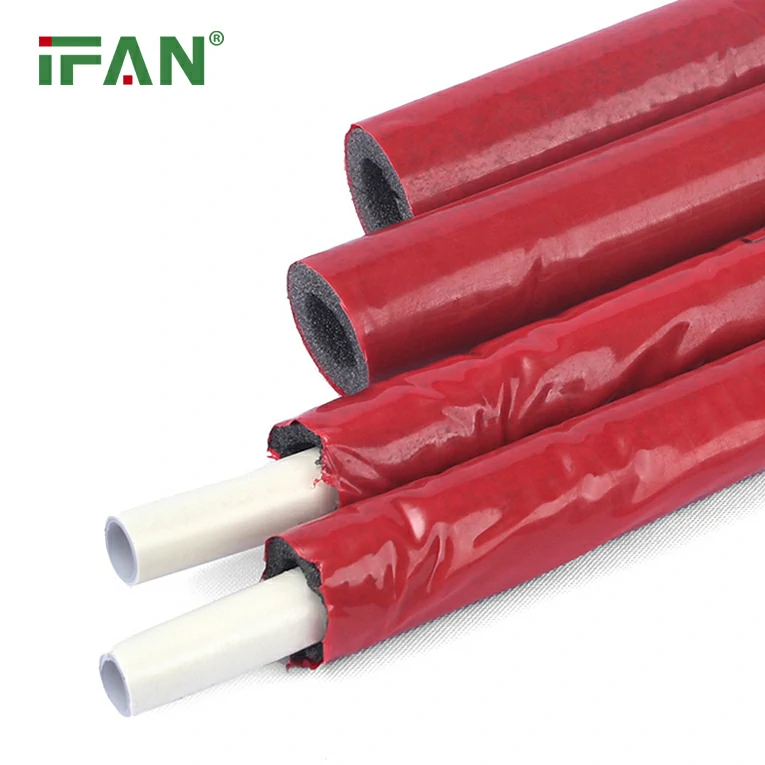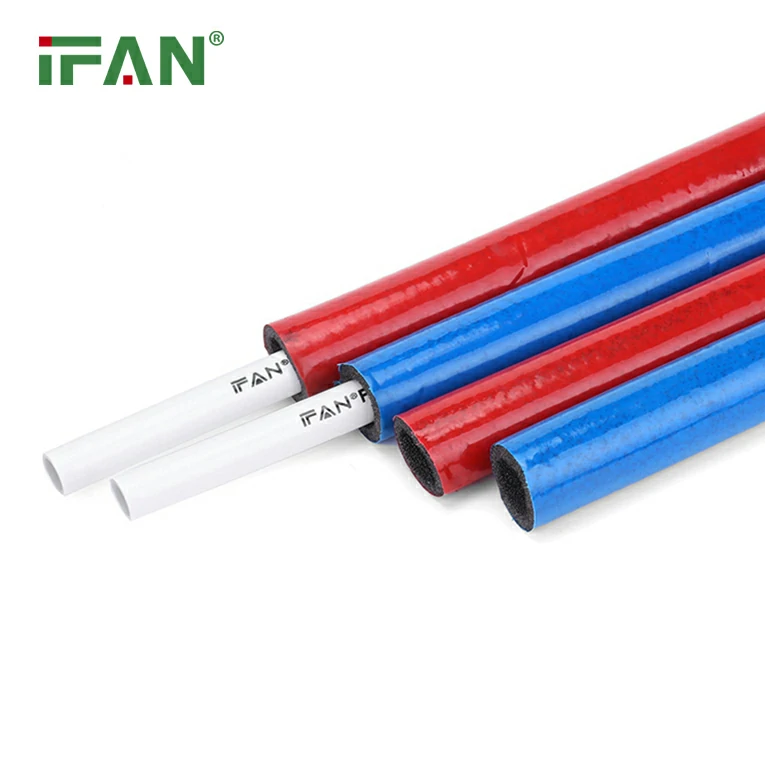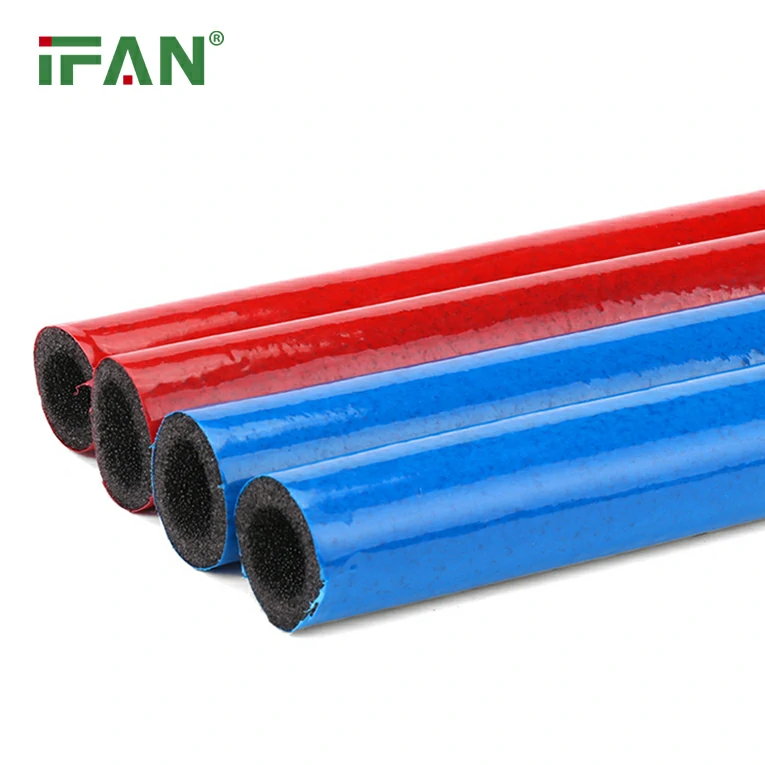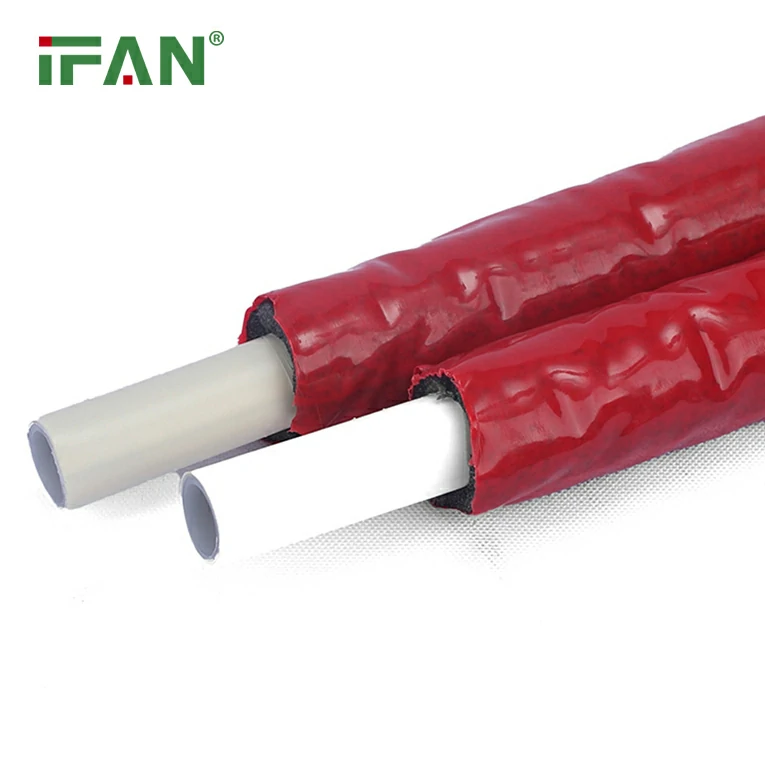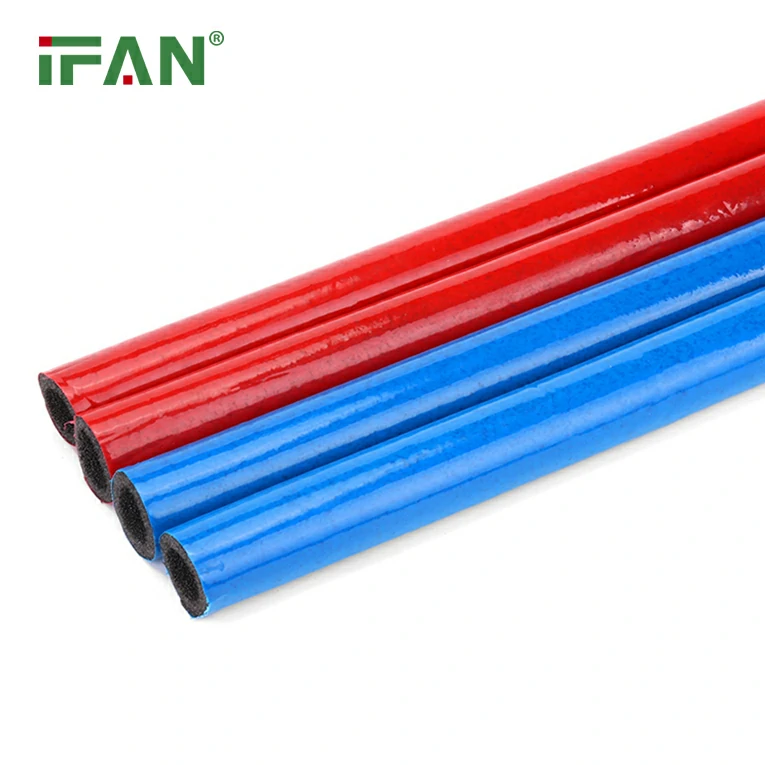In the ever-evolving world of construction and plumbing, sustainability is becoming an increasingly important factor in material selection. In line with this trend, Uponor, a leading provider of PEX (cross-linked polyethylene) pipes, has introduced a revolutionary product designed to reduce the environmental impact of plumbing systems. The new carbon-reduced PEX pipes, based on Borealis Bornewables PE (polyethylene), represent a significant step forward in the industry’s efforts to make construction materials more eco-friendly.
This article delves into the new carbon-reduced PEX pipes, their innovative manufacturing process, the environmental benefits of using Bornewables PE, and how these pipes can make a difference in reducing the carbon footprint of plumbing installations.
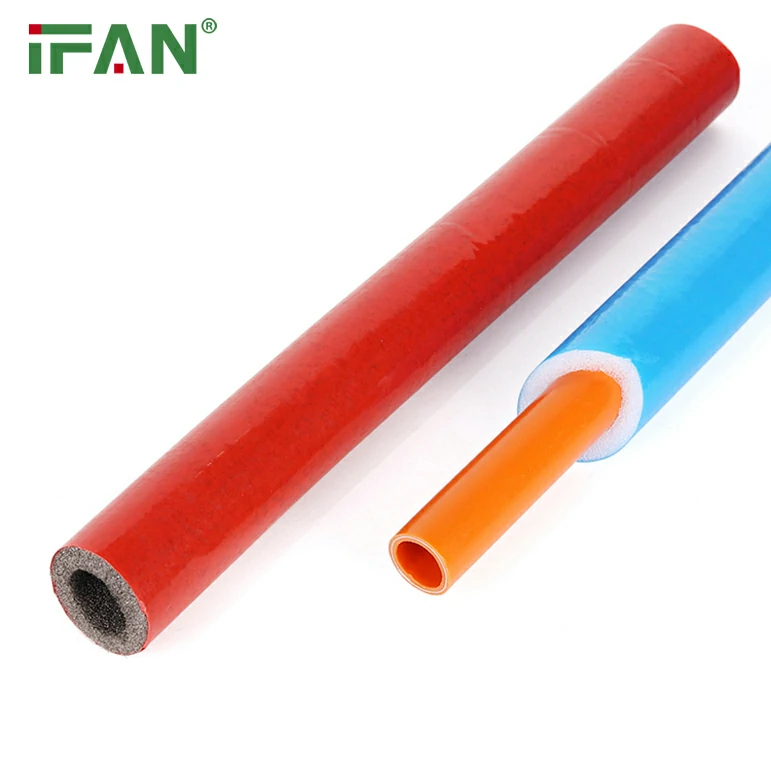
What are PEX Pipes?
PEX pipes are a type of flexible plastic tubing that has gained widespread popularity in both residential and commercial plumbing applications. Made from cross-linked polyethylene, these pipes are known for their resistance to corrosion, flexibility, and ease of installation. PEX pipes can withstand extreme temperatures, making them suitable for both hot and cold water systems.
Unlike traditional plumbing materials such as copper or PVC, PEX offers several benefits, including reduced installation time and lower material costs. However, one major downside has been the environmental impact of manufacturing and disposing of these plastic pipes. This is where Uponor’s new carbon-reduced PEX pipes come into play.
Introducing Borealis Bornewables PE
Borealis, a leading provider of polyolefin solutions, has developed a sustainable polymer solution called Bornewables PE. This innovative material is derived from renewable feedstocks, which significantly reduce the carbon emissions associated with its production. By using renewable resources such as bio-based feedstocks instead of fossil fuels, Borealis has created a polyethylene polymer that offers the same performance characteristics as traditional PE but with a drastically reduced environmental footprint.
Uponor has partnered with Borealis to produce carbon-reduced PEX pipes using Bornewables PE. This collaboration marks a major milestone in the plumbing industry’s shift toward more sustainable products. The carbon-reduced PEX pipes are not only more environmentally friendly during the production process but also have a lower carbon footprint throughout their entire lifecycle.
The Benefits of Bornewables PE in PEX Pipes
The inclusion of Bornewables PE in PEX pipe production provides several key environmental advantages, making these pipes a better choice for both builders and homeowners who are committed to sustainability:
1. Lower Carbon Footprint
The use of renewable feedstocks in the production of Bornewables PE significantly reduces the carbon emissions generated during the manufacturing process. According to Borealis, their Bornewables PE material can achieve up to a 60% reduction in carbon emissions compared to conventional polyethylene production methods. This dramatic reduction in carbon emissions makes the carbon-reduced PEX pipes a more sustainable option compared to traditional PEX pipes made from fossil fuels.
2. Use of Renewable Resources
Bornewables PE is made from renewable raw materials, primarily bio-based feedstocks. This helps reduce dependence on finite fossil fuel resources and supports the transition toward a more sustainable, circular economy. By using renewable resources, Uponor and Borealis contribute to reducing the environmental impact of plumbing systems in a meaningful way.
3. Same High-Performance Characteristics
Despite the reduced carbon footprint, the carbon-reduced PEX pipes retain all the benefits of traditional PEX pipes. They are durable, resistant to corrosion, flexible, and capable of withstanding both high and low temperatures. These pipes are also resistant to scale build-up and bacterial growth, making them an excellent choice for drinking water systems.
4. Recyclability
Another important environmental benefit of the carbon-reduced PEX pipes is their recyclability. PEX pipes made with Bornewables PE are fully recyclable at the end of their life cycle. This helps to reduce the amount of waste that ends up in landfills and further supports the goal of a circular economy, where materials are reused and recycled rather than disposed of.
5. Reduced Environmental Impact in the Long Term
By using Bornewables PE, Uponor’s carbon-reduced PEX pipes help lower the overall environmental impact throughout their entire life cycle. From production to use and eventual recycling, these pipes help conserve resources and reduce pollution. This makes them an attractive option for environmentally-conscious builders and homeowners looking to reduce their carbon footprint.
How Carbon-Reduced PEX Pipes Benefit the Plumbing Industry
The introduction of carbon-reduced PEX pipes marks a significant shift in the plumbing industry, which has historically relied on materials that contribute to environmental degradation. As the demand for sustainable construction practices grows, manufacturers like Uponor are responding by developing products that meet both performance and environmental standards.
1. Sustainability in Construction
The construction industry is one of the largest contributors to global carbon emissions. Plumbing systems are an essential part of any building, and the materials used in these systems can have a significant impact on a building’s overall carbon footprint. By opting for sustainable materials like carbon-reduced PEX pipes, builders can contribute to a more sustainable built environment. These pipes provide a solution that meets both environmental goals and functional requirements.
2. Cost-Effectiveness
While sustainable products are often associated with higher costs, Uponor’s carbon-reduced PEX pipes offer an affordable solution for builders and homeowners. These pipes provide the same high-quality performance as traditional PEX pipes but with the added benefit of a reduced carbon footprint. Builders can install these sustainable pipes without incurring significantly higher material or labor costs.
3. Customer Demand for Green Products
As consumers become more eco-conscious, there is a growing demand for sustainable building materials. Builders who use carbon-reduced PEX pipes can appeal to environmentally-minded customers who want to make more sustainable choices in their home or business construction projects. By offering a product that is both high-performance and eco-friendly, plumbers and builders can differentiate themselves in a competitive market.
The Future of Sustainable Plumbing
Uponor’s introduction of carbon-reduced PEX pipes based on Borealis Bornewables PE represents an important milestone in the move toward more sustainable building materials. However, this is just the beginning. As awareness of environmental issues continues to grow, it is likely that more manufacturers will invest in developing sustainable alternatives to traditional plumbing materials.
With innovations like these, the plumbing industry is well on its way to reducing its environmental impact and contributing to a greener future. As more companies adopt sustainable practices, it is hoped that the construction industry as a whole will embrace the principles of sustainability, recycling, and responsible resource use.
Conclusion
Uponor’s carbon-reduced PEX pipes based on Borealis Bornewables PE represent a significant leap forward in the plumbing industry’s efforts to reduce its carbon footprint. These pipes offer the same high performance and durability as traditional PEX pipes, but with the added benefits of reduced carbon emissions and improved sustainability. As the demand for eco-friendly products continues to grow, innovations like these will play a crucial role in shaping the future of construction and plumbing.
By choosing carbon-reduced PEX pipes, builders and homeowners can contribute to a more sustainable future while still enjoying the benefits of high-performance plumbing systems. This product is a step toward a greener, more sustainable world and sets a new standard for the plumbing industry.
FAQs
1. What is Borealis Bornewables PE? Borealis Bornewables PE is a sustainable polymer made from renewable feedstocks. It significantly reduces the carbon footprint of polyethylene production and can be used to create carbon-reduced PEX pipes.
2. How much carbon reduction do these PEX pipes achieve? Carbon-reduced PEX pipes made with Borealis Bornewables PE can achieve up to a 60% reduction in carbon emissions compared to conventional PEX pipes made from fossil fuels.
3. Are carbon-reduced PEX pipes as durable as traditional PEX pipes? Yes, the carbon-reduced PEX pipes offer the same durability, flexibility, and resistance to temperature extremes as traditional PEX pipes.
4. Can carbon-reduced PEX pipes be recycled? Yes, these PEX pipes are fully recyclable at the end of their life cycle, contributing to a circular economy and reducing waste.
5. Are carbon-reduced PEX pipes more expensive than traditional PEX pipes? No, Uponor’s carbon-reduced PEX pipes are competitively priced, offering the same quality and performance as traditional PEX pipes without significantly higher costs.

